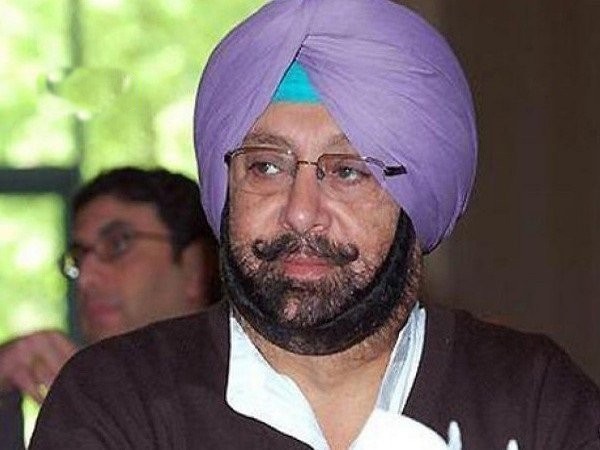Punjab Pollution Control Board imposes total Rs 12.25 lakh fine in 460 stubble burning cases
“In 460 cases, we have imposed a fine (environmental compensation) of Rs 12.25 lakh (between September 21-October 7), out of which we have recovered Rs 70,000,” PPCB Member Secretary, Krunesh Garg told PTI. When asked that 1,692 cases of burning of paddy straw were reported in the state between September 21 and October 7 this year, indicating an increase by nearly five times over previous year, Garg said, “it is not a fair comparison to make, it is still early stage of the season”.

- Country:
- India
Punjab Pollution Control Board has imposed a total fine of Rs 12.25 lakh in 460 paddy stubble burning cases in the state, with a senior official on Friday saying that by end of this month one would be able to make a fair comparison whether farm fires have gone up or come down in comparison to previous years. “In 460 cases, we have imposed a fine (environmental compensation) of Rs 12.25 lakh (between September 21-October 7), out of which we have recovered Rs 70,000,” PPCB Member Secretary, Krunesh Garg told PTI.
When asked that 1,692 cases of burning of paddy straw were reported in the state between September 21 and October 7 this year, indicating an increase by nearly five times over previous year, Garg said, “it is not a fair comparison to make, it is still early stage of the season”. “Moreover, this time harvesting was also done at an early stage. Also, during the harvesting season last year, there were rains and there was no fire. So, therefore, exact situation will be known by last week of October. Only then we will be in a position to say whether stubble burning cases have gone up or come down this year,” he said. Garg also said more harvest has been done till October 7 as against corresponding period of last year “and if one uses this comparison as a yardstick then farm fire incidents are less”.
The official said as per data till October 7, 1692 incidents were reported by satellite imagery, but during field visits by PPCB officials no stubble burning was observed in 763 cases. “A satellite gives data, but sometimes there are other kinds of fire which is not stubble burning,” he said.
Majority of the stubble burning cases that have been reported so far in the state were from Amritsar, Tarn Taran, Patiala and Gurdaspur districts. Notably, 8,000 nodal officers have been appointed in paddy growing villages of Punjab this year to check stubble-burning.
Punjab Chief Minister Amarinder Singh had recently appealed to farmers not to burn crop residue, as it could aggravate COVID-19 conditions apart from leading to pollution. Seeking the support and cooperation of farmers in preventing stubble burning amid the COVID-19 pandemic, the chief minister had said that experts have warned it could have serious implications for people already suffering from lung and other diseases.
To effectively curb stubble burning during the paddy harvesting season, the PPCB had recently ordered that combine harvester machines without functional Super Straw Management System (SMS) will be impounded. SMS is a piece of machinery attached with the combine harvester machine, which cuts the standing paddy straw into small pieces and spreads it uniformly in the field. The farmers then are not required to burn paddy straw before sowing the next crop.
Meanwhile, in neighbouring Haryana, where some cases of stubble burning have been reported from Karnal and Fatehabad districts, Chief Secretary Vijai Vardhan had recently directed the Deputy Commissioners to ensure the availability of crop residue management machinery to small and marginal farmers on a priority basis. Vardhan also directed them to carry out a comprehensive awareness campaign at the district, block, and village level, so as to make the people aware about ill effects of stubble burning on the environment.
The chief secretary directed the DCs to ensure adequate supply crop residue management machinery in the districts.
(This story has not been edited by Devdiscourse staff and is auto-generated from a syndicated feed.)
- READ MORE ON:
- Punjab
- Amarinder Singh
- Vardhan
- Vijai
- Krunesh Garg
- Fatehabad
- Tarn Taran










